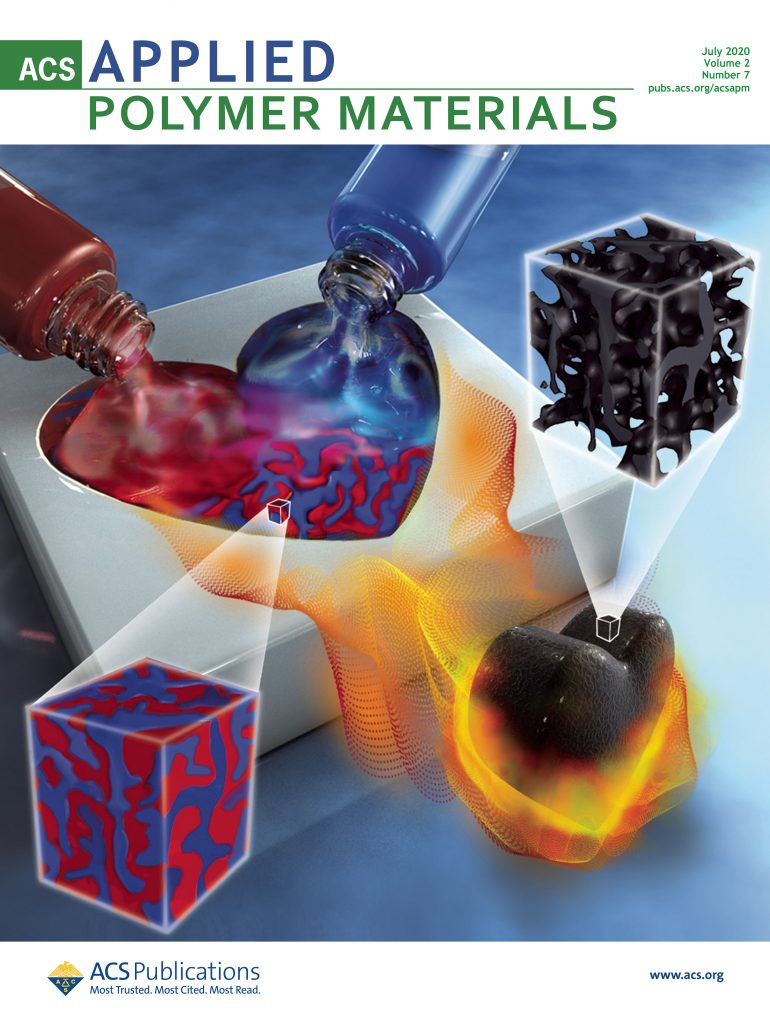Model-Agnostic Adaptive Testing for Intelligent Education Systems via Meta-learned Gradient Embeddings
IF 4.4
2区 化学
Q2 MATERIALS SCIENCE, MULTIDISCIPLINARY
引用次数: 0
Abstract
The field of education has undergone a significant revolution with the advent of intelligent systems and technology, which aim to personalize the learning experience, catering to the unique needs and abilities of individual learners. In this pursuit, a fundamental challenge is designing proper test for assessing the students’ cognitive status on knowledge and skills accurately and efficiently. One promising approach, referred to as Computerized Adaptive Testing (CAT), is to administrate computer-automated tests that alternately select the next item for each examinee and estimate their cognitive states given their responses to the selected items. Nevertheless, existing CAT systems suffer from inflexibility in item selection and ineffectiveness in cognitive state estimation, respectively. In this paper, we propose a Model-Agnostic adaptive testing framework via Meta-leaned Gradient Embeddings, MAMGE for short, improving both item selection and cognitive state estimation simultaneously. For item selection, we design a Gradient Embedding based Item Selector (GEIS) which incorporates the concept of gradient embeddings to represent items and selects the best ones that are both informative and representative. For cognitive state estimation, we propose a Meta-learned Cognitive State Estimator (MCSE) to automatically control the estimation process by learning to learn a proper initialization and dynamically inferred updates. Both MCSE and GEIS are inherently model-agnostic, and the two modules have an ingenious connection via meta-learned gradient embeddings. Finally, extensive experiments evaluate the effectiveness and flexibility of MAMGE.通过元学习梯度嵌入实现智能教育系统的模型诊断自适应测试
随着智能系统和技术的出现,教育领域经历了一场重大变革,其目的是提供个性化的学习体验,满足学习者的独特需求和能力。在这一过程中,一个基本挑战是设计适当的测试,以准确有效地评估学生对知识和技能的认知状况。计算机化自适应测试(Computerized Adaptive Testing,简称 CAT)是一种很有前途的方法,它通过计算机自动测试,交替为每个考生选择下一个测试项目,并根据他们对所选项目的反应来估计他们的认知状态。然而,现有的计算机辅助测试系统在项目选择方面缺乏灵活性,在认知状态估计方面效果不佳。在本文中,我们通过元倾斜梯度嵌入(简称 MAMGE)提出了一种模型诊断自适应测试框架,可同时改进项目选择和认知状态估计。在项目选择方面,我们设计了一种基于梯度嵌入的项目选择器(GEIS),它结合了梯度嵌入的概念来表示项目,并选择信息量大且具有代表性的最佳项目。在认知状态估计方面,我们提出了元学习认知状态估计器(MCSE),通过学习适当的初始化和动态推断更新来自动控制估计过程。MCSE 和 GEIS 本身与模型无关,这两个模块通过元学习梯度嵌入巧妙地联系在一起。最后,大量实验评估了 MAMGE 的有效性和灵活性。
本文章由计算机程序翻译,如有差异,请以英文原文为准。
求助全文
约1分钟内获得全文
求助全文
来源期刊

ACS Applied Polymer Materials
Multiple-
CiteScore
7.20
自引率
6.00%
发文量
810
期刊介绍:
ACS Applied Polymer Materials is an interdisciplinary journal publishing original research covering all aspects of engineering, chemistry, physics, and biology relevant to applications of polymers.
The journal is devoted to reports of new and original experimental and theoretical research of an applied nature that integrates fundamental knowledge in the areas of materials, engineering, physics, bioscience, polymer science and chemistry into important polymer applications. The journal is specifically interested in work that addresses relationships among structure, processing, morphology, chemistry, properties, and function as well as work that provide insights into mechanisms critical to the performance of the polymer for applications.
 求助内容:
求助内容: 应助结果提醒方式:
应助结果提醒方式:


